Abies Grandis or Vancouver fir
Recognizing Vancouver fir
- Its ridged gray bark covered with resin blisters.
- Its long needles of two alternating lengths featuring two white bands and growing parallel to one another, perpendicular to the twig.
- The citrus scent of its needles
- Its erect cones.
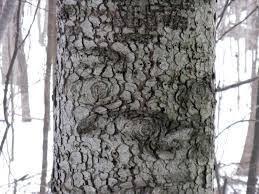
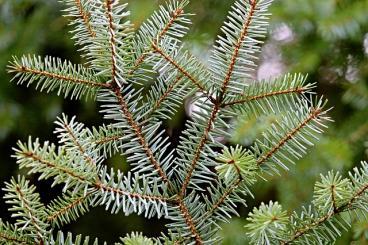
Sites favored by Vancouver fir
Temperatures
The Vancouver fir likes the shades in its early years. It resists quite well in cold winters
Rainfall
Annual average of 850Â mm with a range of 500-2,500Â mm of water/year. This species needs high atmospheric humidity. It dislikes dry conditions in summer.
Soils
It is mainly found in deep, cool soils. It doesn’t particularly like chalky and clayey soils. It can however make up for dry soil conditions if atmospheric humidity is high.
Root development of Vancouver fir
- Powerful and oblique.
- Moderately wind resistant.
Vancouver fir plantation
| Density | Spacing | Advantages |
| 1,111 plants/hectare | 3 m x 3 m | Rapid growth. This species regenerates naturally under its own cover. |
Final density: 300 stems/hectare
Growth and production of Vancouver fir
- Very fast growth of height and diameter.
- Production of 15-25Â m3/ha/year (depending on site).
Vancouver fir wood
- Yellow-reddish heart, indistinct sapwood.
- Easy sawing, dries without cracking or deformation.
- Heartwood not very durable and not very resistant.
- Excellent wood for the paper industry.
- Also used for crates and packaging.
- Trade name: Vancouver pine
Health

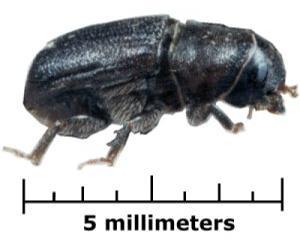
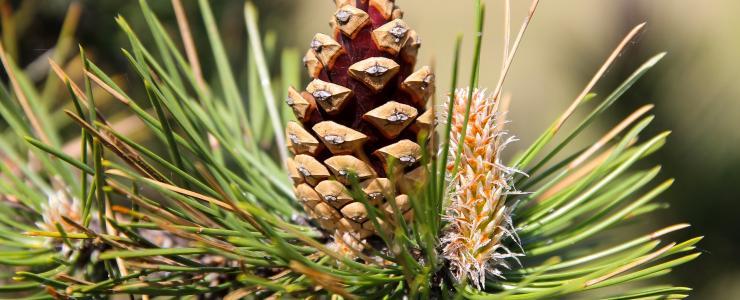
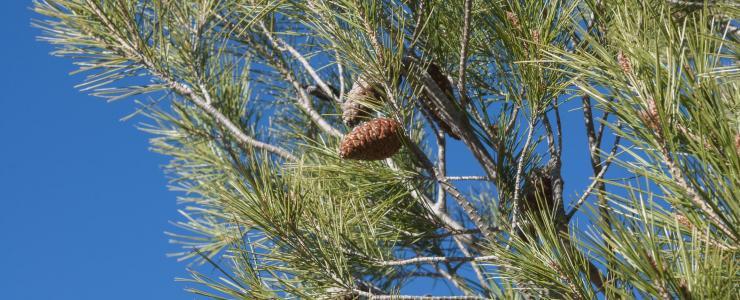
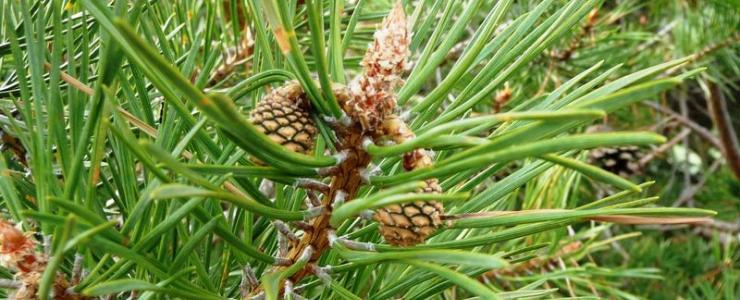
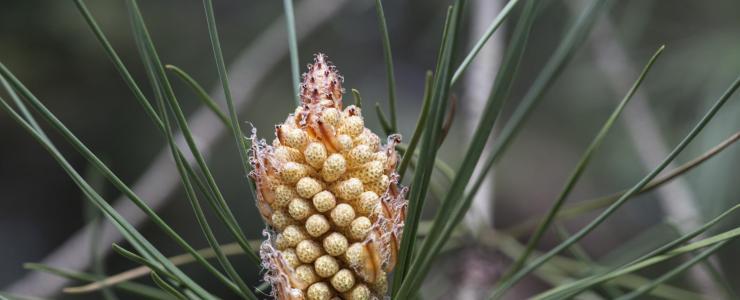
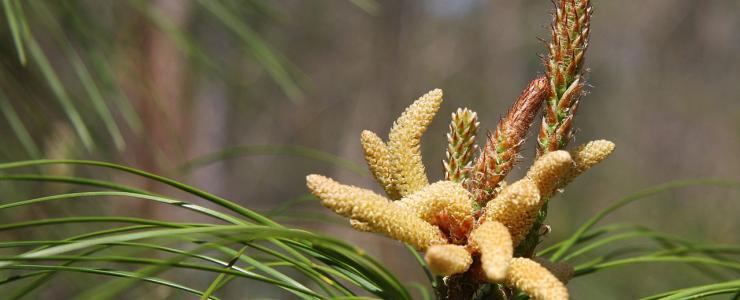
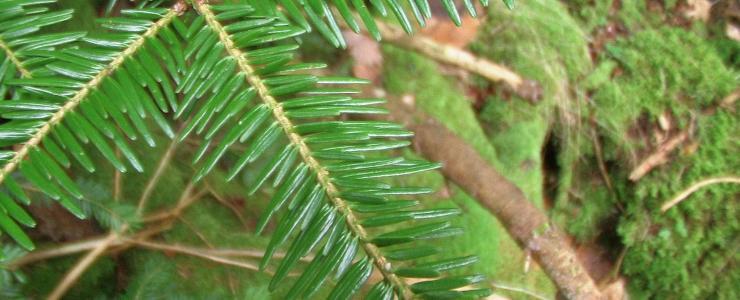
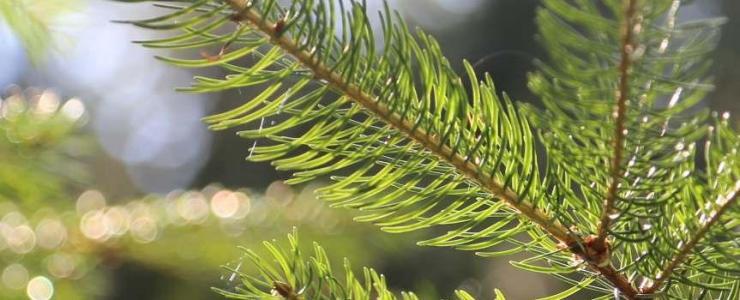
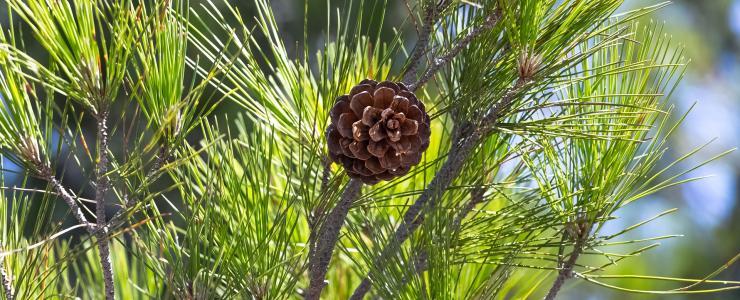
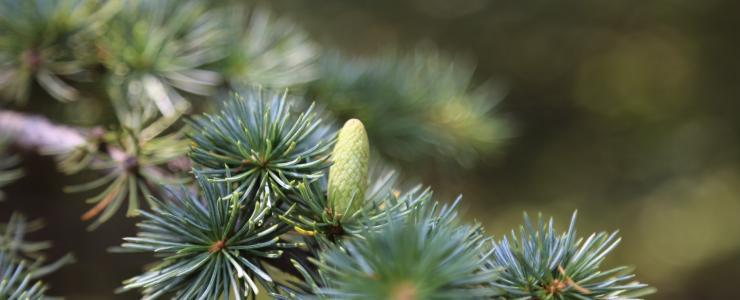
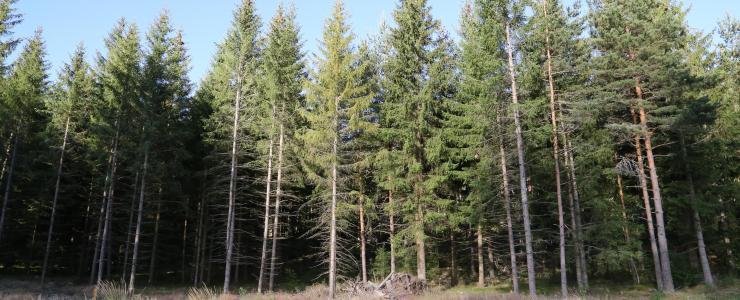
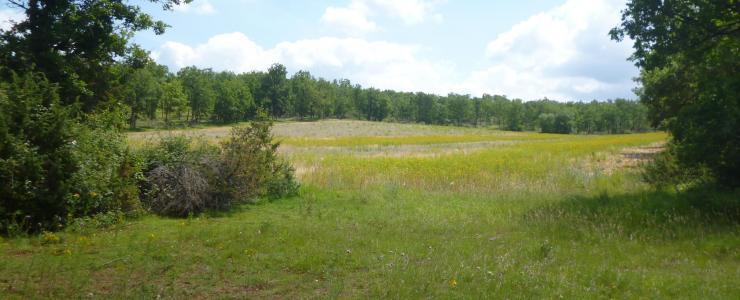
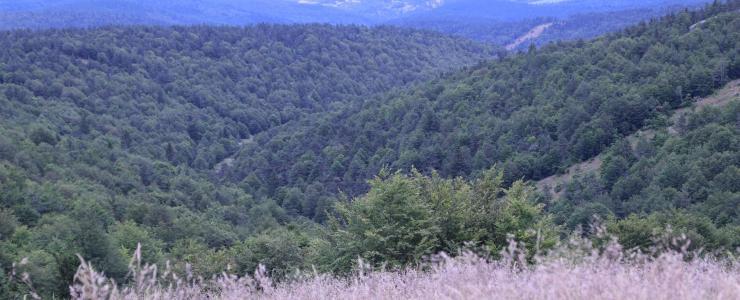
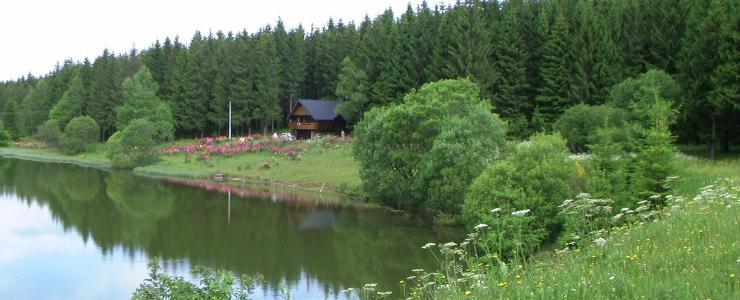
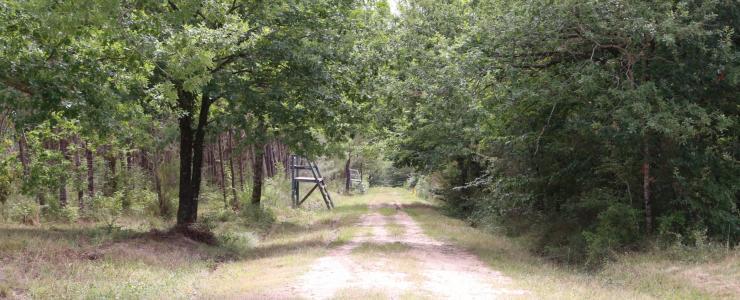
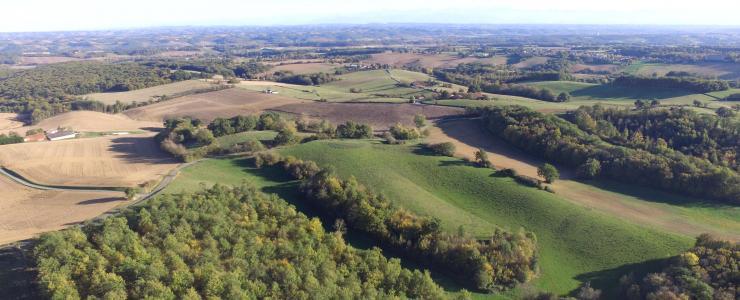
Economic view
The Vancouver pine, or Abies Grandis, is one of the largest trees in Europe and plays a significant role in the French forest economy.
It is undoubtedly the most productive conifer with very fast growth.
Although it is rather overlooked in some countries, it has some good silvicultural qualities: its durable wood, which is most notably resistant to humidity, means it can be used in hydraulic engineering, and the fact that it is light makes it ideal for use in furnishing and the construction industry. It is also appreciated for paper pulp and makes a great Christmas tree when young!
The acquisition of a Vancouver pine forest is a wise investment. Vancouver pine tolerates a range of soil types and will always have a role to play in plantations, sometimes serving to protect more fragile species, given that it is very wind-resistant.
It will, however, appreciate high atmospheric humidity and damp soil, as a lack of water can be fatal. It is mainly found in the Massif Central, the Pyrenees and in northeast France.
Forêt Investissement can advise you on the purchase of a Vancouver pine forest.
Header photograph by W.Siegmund